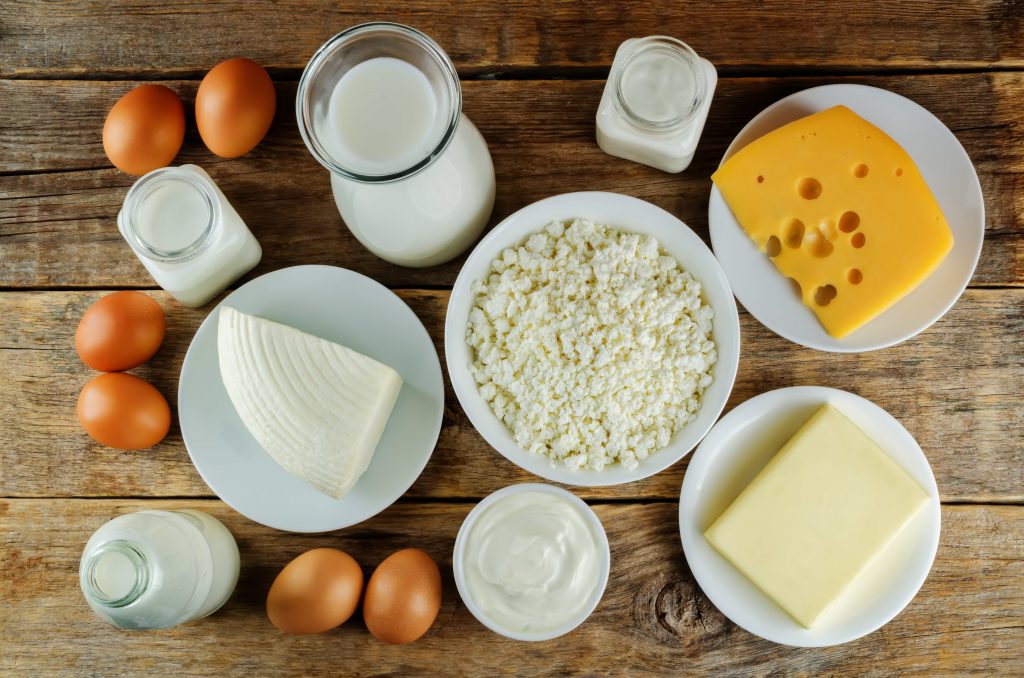
Most vegetarians have learned how to get enough protein in their diets: beans and lentils top the list. (And let’s be honest: there are so many delicious ways to enjoy them.)
But beans and lentils also have a lot of carbs, and if you are following a plan that limits carbs, you’ll want to incorporate some other sources of protein in your diet. Try:
Low-carb vegetarian proteins to try:
Eggs
To get clinical, one egg has 7 grams of protein and less than a gram of carbohydrates. The better news is that eggs are incredibly versatile: They work well with a range of flavors and cuisines, and there are many ways to prepare them.
Cheese
The amount of protein in cheese varies depending on the type of cheese. If you want to eat to support heart health, try fresher types of cheeses which typically have less saturated fat. Types of fresh cheeses include ricotta, goat’s cheese, cottage cheese, feta, fresh mozzarella, cotija, queso fresco, queso blanco, paneer, halloumi, and labneh.
Greek yogurt
Greek or Greek-style yogurt is strained, so it’s thicker and higher in protein. Be aware that flavored yogurts often have added sugar.
Tofu
With over a dozen different styles and types, tofu is incredibly versatile. Plain tofu lets the other flavors in a dish shine, while seasoned and smoked tofus add to the flavor.
Nuts and seeds
A handful of nuts or seeds are a great snack that offer protein and healthy fats; you can also garnish dishes with them, or grind them to make sauces like pesto and romesco (a sauce used in Spain made from red bell peppers, almonds, and garlic).
Nut butters
Peanut butter has long been on the vegetarian menu. There are plenty of other nut butters to try, too, including almond butter, cashew, sunflower seed butter, hazelnut, and even pistachio. Not only are they great for snacking and sandwiches, they can be used in sauces, too. Be aware that some blends have added honey, sugar, or other sweeteners.
Don’t count out vegetables as sources of protein. While they may not be able to be the star protein of a meal, vegetables like kale, spinach, Brussels sprouts, and mushrooms can all add valuable nutrition and flavor to a dish.
However you approach your diet, if you are working on weight management, get a dietitian or health care professional to help you. Managing your diet isn’t just about what to eat and what not to eat; a professional can help you customize a plan to fit your specific lifestyle. After all, the best diet is the one you can stick with.
